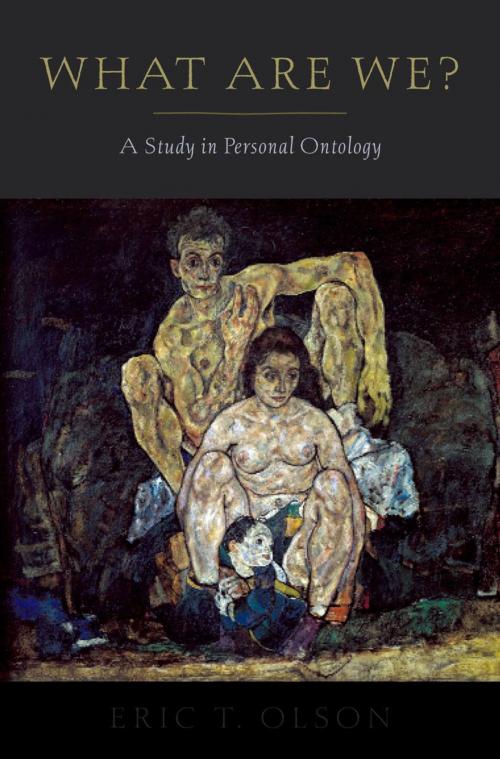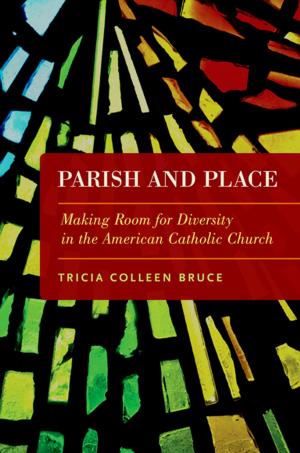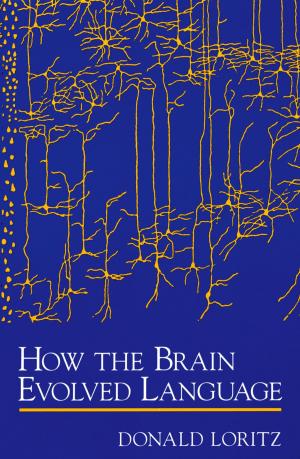What Are We?
A Study in Personal Ontology
Nonfiction, Religion & Spirituality, Philosophy, Metaphysics, Mind & Body, Science & Nature, Science| Author: | Eric T. Olson | ISBN: | 9780199884216 |
| Publisher: | Oxford University Press | Publication: | September 27, 2007 |
| Imprint: | Oxford University Press | Language: | English |
| Author: | Eric T. Olson |
| ISBN: | 9780199884216 |
| Publisher: | Oxford University Press |
| Publication: | September 27, 2007 |
| Imprint: | Oxford University Press |
| Language: | English |
From the time of Locke, discussions of personal identity have often ignored the question of our basic metaphysical nature: whether we human people are biological organisms, spatial or temporal parts of organisms, bundles of perceptions, or what have you. The result of this neglect has been centuries of wild proposals and clashing intuitions. What Are We? is the first general study of this important question. It beings by explaining what the question means and how it differs from others, such as questions of personal identity and the mind-body problem. It then examines in some depth the main possible accounts of our metaphysical nature, detailing both their theoretical virtues and the often grave difficulties they face. The book does not endorse any particular account of what we are, but argues that the matter turns on more general issues in the ontology of material things. If composition is universal--if any material things whatever make up something bigger--then we are temporal parts of organisms. If things never compose anything bigger, so that there are only mereological simples, then we too are simples--perhaps the immaterial substances of Descartes--or else we do not exist at all (a view Olson takes very seriously). The intermediate view that some things compose bigger things and others do not leads almost inevitably to the conclusion that we are organisms. So we can discover what we are by working out when composition occurs.
From the time of Locke, discussions of personal identity have often ignored the question of our basic metaphysical nature: whether we human people are biological organisms, spatial or temporal parts of organisms, bundles of perceptions, or what have you. The result of this neglect has been centuries of wild proposals and clashing intuitions. What Are We? is the first general study of this important question. It beings by explaining what the question means and how it differs from others, such as questions of personal identity and the mind-body problem. It then examines in some depth the main possible accounts of our metaphysical nature, detailing both their theoretical virtues and the often grave difficulties they face. The book does not endorse any particular account of what we are, but argues that the matter turns on more general issues in the ontology of material things. If composition is universal--if any material things whatever make up something bigger--then we are temporal parts of organisms. If things never compose anything bigger, so that there are only mereological simples, then we too are simples--perhaps the immaterial substances of Descartes--or else we do not exist at all (a view Olson takes very seriously). The intermediate view that some things compose bigger things and others do not leads almost inevitably to the conclusion that we are organisms. So we can discover what we are by working out when composition occurs.















